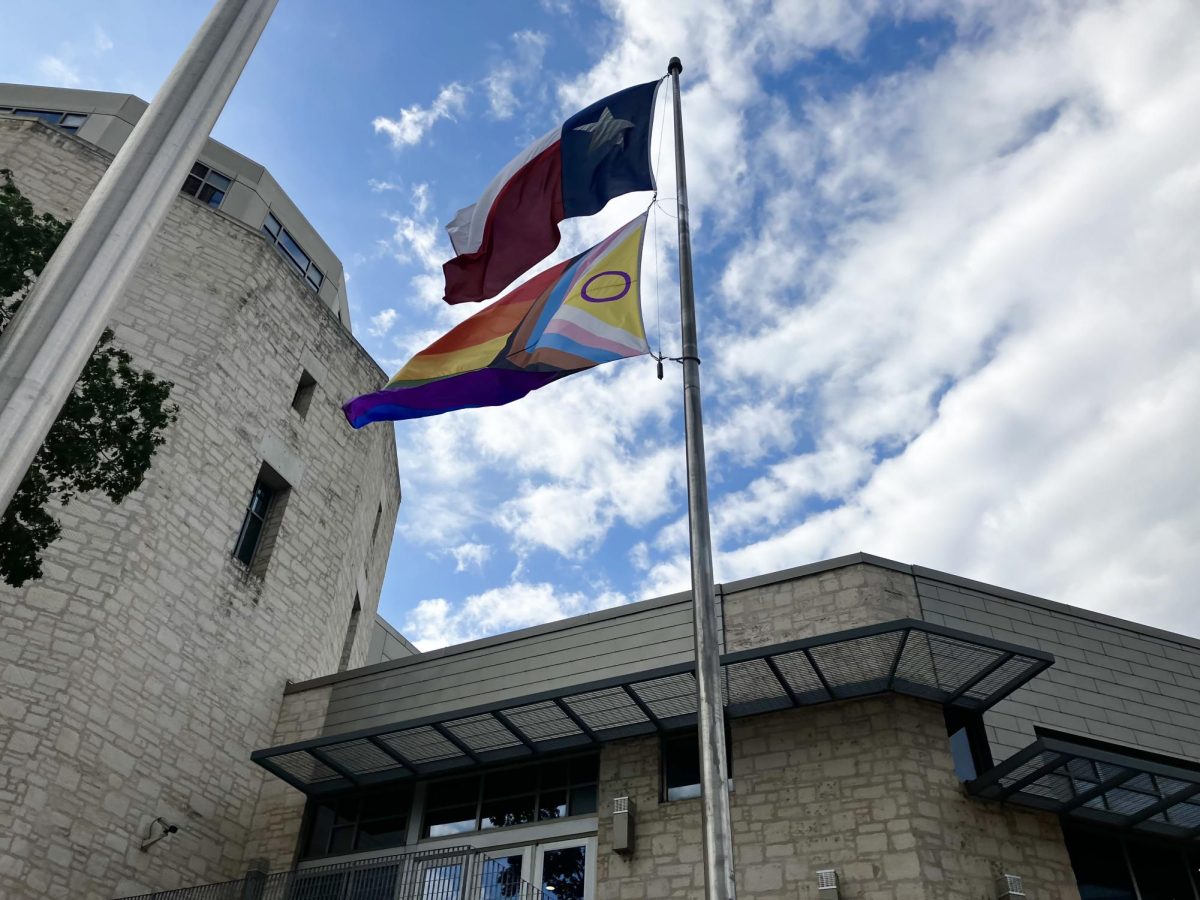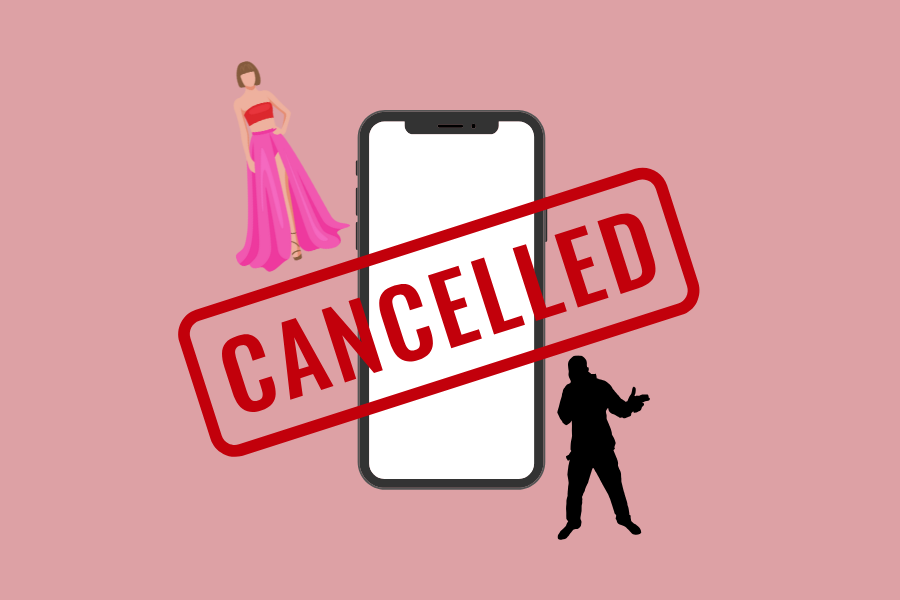On Feb. 8, non-binary 16-year-old Nex Benedict passed away only one day after an altercation with multiple students at their school in Oklahoma. As the fight was found to be fueled by homophobic bullying, the tragedy sparked attention and dismay among the LGBTQA+ community. This tragic incident also became a key example of the damaging effects legislation targeting LGBTQA+ people had on students’ lives and mental health.
Benedict’s family added that their bullying began in 2022, which is also when Oklahoma Governor Kevin Stitt signed a bill requiring transgender or gender-expansive students to use bathrooms consistent with their gender assigned at birth. In doing so, he urged on trans discrimination, banning they/them pronouns on ID’s, and barring gender-affirming care for young trans people.
Stitt continued his attack on transgender rights in 2023, limiting state agencies to addressing people only according to their assigned gender at birth. However, the influence of these laws stretch far past a loss of rights. Additional anti-LGBTQA+ legislation is not only spread by politicians but then echoed by children, who bring this sense of hatred to their peers, increasing bullying and discrimination that’s passed down through generations.
Benedict is just one among the many LGBTQA+ youth who fell victim to the discriminatory brainwashing caused by these laws. Advocacy groups such as the Trevor Project or the Rainbow Youth Project have noticed a spike in calls to their suicide prevention hotline since 2022, with increasing numbers of students voicing their discouragement as their rights were belittled at the center of the public eye.
While the high possibility of an LGBTQA+ child feeling vulnerable at home is heartbreaking, the ideal that a parent will be accepting can never be taken as a given. However, what can be controlled should be the policies that go into effect to create the most inclusive and safe area for children whether that be at home or at school. Despite this, there is a constant push from government officials and school boards to destroy the environments that a student could feel safe in. This unacceptable behavior is the very reason LGBTQA+ youth feel their very existence is unwelcomed.
Recently, legislation mapping by the American Civil Liberties Union (ACLU) has shown that 206 bills regarding school restrictions on LGBTQA+ students were argued upon in 2024 alone. This reinforced the horrendous survey results from the Trevor Project that revealed that more than one in four LGBTQA+ students had been verbally harassed at school due to their gender identity or sexual orientation.
Not only does this cause detrimental effects towards queer youth’s mental health, it fosters a harmful environment that potentially bans education towards inclusivity for other students. Results of these laws include curriculum censorship such as Florida’s HB 1557, also known as the “Don’t Say Gay” bill, book bans, and withholdings funds from public libraries until these restrictions are met. Laws working to limit discussions on LGBTQA+ struggles in schools have grown at concerning rates, quadrupling from 2020 to 2022 and continuing an upwards trend through 2023 and 2024. While this constraining legislation began in Florida, it has soon spread across the US to Iowa, Kentucky, and since March, Texas.
Furthermore, based on ACLU’s mapping, anti-LGBTQA+ legislature has only continued to rise from 2023 to 2024, already hitting a discouraging new record of proposed laws at 522 bills only halfway through the year. However, despite the continuous propositions, there has been a significant decrease in the amount of bills passed in 2024, garnering hope for future growth in LGBTQA+ rights.
Growing proponents towards queer rights are necessary for the mental health of the LGBTQA+ youth in generations to come. Policies and legislature not only obstruct young people from their identities and rights, but create a hostile environment that is proven to cause depression and increase notions of suicide. We must remember that these mental health statistics of LGBTQA+ youth are not only numbers. They are children. They are students. They are Nex Benedict. And they deserve the protection that politicians, councils, and laws continue to strip away.















